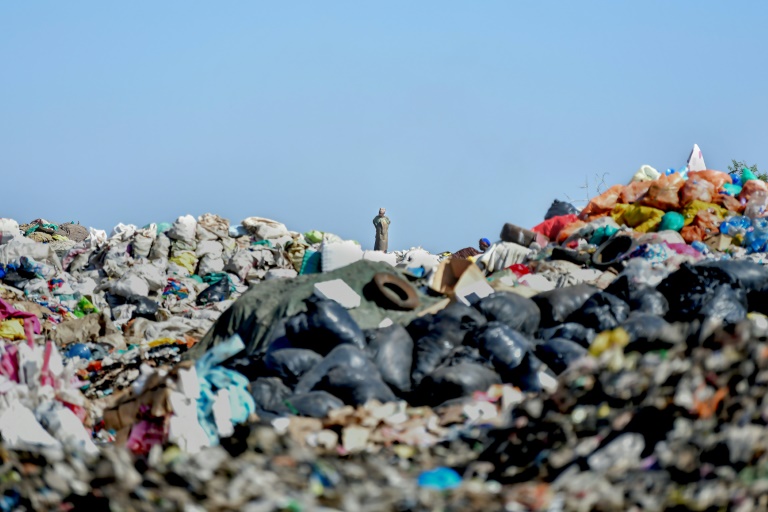The United Nations opened an environment summit in Nairobi on Monday where nations are being urged to adopt the blueprint for a landmark global treaty to reduce plastic pollution.
Representatives from more than 100 nations are expected to agree on a broad template for a world-first treaty on plastic waste over three days of in-person and virtual deliberations.
The UN Environment Assembly (UNEA) was told plastic had been found on the remotest beaches, in the air and soil, and within tiny fish and the human bloodstream.
“Plastic pollution has grown into an epidemic of its own,” said UNEA president Espen Barth Eide.
The world had a chance to make history by mounting a coordinated global response to tackle the scourge, said UN environment chief Inger Andersen.
“The world is watching to see what member states will do over the next few days,” Andersen, the head of the UN Environment Programme (UNEP), told the assembly.
International negotiators have thrashed out the draft framework for a treaty and UN member states are expected to name an intergovernmental committee to finalise the details.
That process could take another two years at least.
– ‘Ticking time bomb’ –
Andersen said there was a groundswell of public support for urgent action on plastic, and it was critical that nations delivered on expectations.
“A huge responsibility sits on our shoulders,” Andersen said, adding that a strong plastics treaty would be the most significant coup for the environment since the Paris climate agreement.
A number of competing proposals were merged into a single document ahead of the UN gathering, said sources with close knowledge of the negotiations.
“With such broad support from governments, business and civil society we expect UNEA to adopt a decision that confirms there will be a robust and legally binding treaty,” said Eirik Lindebjerg from WWF.
Environment and civil society groups are pushing for a treaty that addresses pollution at all stages along the plastic life cycle — from its source as a raw material made from oil and gas, to its sustainable use, recycling and safe disposal
“Plastic pollution is a deadly ticking time bomb; a solution that matches the scale of the problem is not only critical but non-negotiable,” said Erastus Ooko from Greenpeace Africa.
Less than 10 percent of the 460 million tonnes of plastic produced in 2019 was recycled, according to the OECD, with most ending up in landfill or the oceans.









